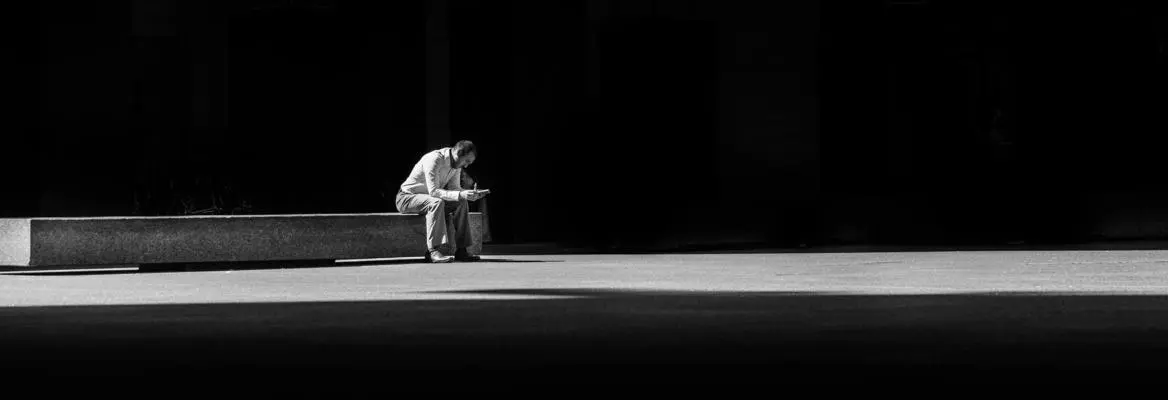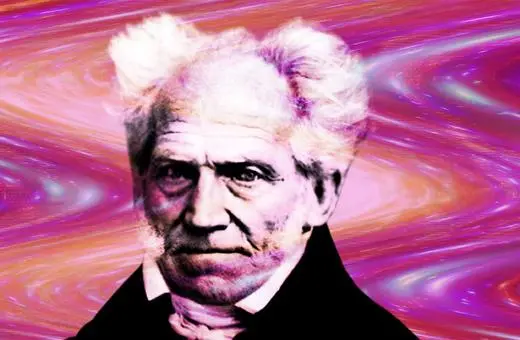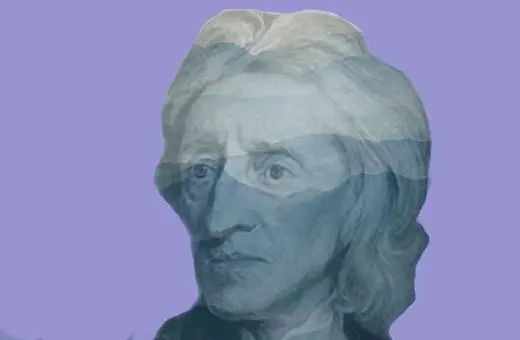We all find ourselves to be an island of consciousness. Each and every one of us shares the unique quality of being the single individual. Away from religion or politics, or even the well-known ‘leap of faith’, we must rely on this individuality and maintain a steady, enduring trust in ourselves and our essential Being. This is what makes Kierkegaard the father of existentialism, writes Alastair Hannay.
 SUGGESTED READING
Kierkegaard On Escaping the Cult of Busyness
By Karl Aho
Kierkegaard admits that writing was an escape, a way of getting out of himself. It was therapy and might even be something he couldn't do or be without, a compulsion like a drug, just as those outsiders with no saving talent may resort to narcotics. Kierkegaard was saved by his compulsion, but it brought its own torments. It was only when "productive," that is to say when his writing worked, that Kierkegaard felt "well." [1]
SUGGESTED READING
Kierkegaard On Escaping the Cult of Busyness
By Karl Aho
Kierkegaard admits that writing was an escape, a way of getting out of himself. It was therapy and might even be something he couldn't do or be without, a compulsion like a drug, just as those outsiders with no saving talent may resort to narcotics. Kierkegaard was saved by his compulsion, but it brought its own torments. It was only when "productive," that is to say when his writing worked, that Kierkegaard felt "well." [1]
As he later claimed of his production, its unifying topic, the one that had also unified him, had from the very start been the "single individual." It was this "category" that he came to regard as his main achievement and contribution. By sweeping away the scenarios in which our lives blur the nakedness and isolation of the self-conscious beings that we are, Kierkegaard believed his suffering revealed to him what being an individual really means.
By sweeping away the scenarios in which our lives blur the nakedness and isolation of the self-conscious beings that we are, Kierkegaard believed his suffering revealed to him what being an individual really means.
Kierkegaard makes it clear that his theme was not himself, not this particular individual, nor anything that he with his own background can represent, something for which he might seek disciples. "The single individual can mean the most unique of all or it can mean each and every one." [2] The "maieutic [i.e., Socratic or midwifery] purpose" of his writing had been to get hold of the "single individual" that everyone inherently is – despite popular proclamations about our being social animals. We are often told to hide our nakedness and assume that we are not properly human until socially clothed. The "existential" turn in writers, to which brigade Søren Kierkegaard undoubtedly belongs, is to see it in reverse. Our true nature is one of nakedness and need, not just for the means of survival as with other living beings, but more profoundly of a sense of naturalness in being human, something we see in other living creatures, while never reaching that scale of naturalness ourselves.
Clearly enough, there is the sense that Kierkegaard felt far from reaching this naturalness himself. But as a professional misfit he would see that "social animal" has a pathological as well as a natural or anthropological reading. Although it is in human nature to seek company, the trajectory of association is not only consolation but inevitably divisive. Humanity itself, a unified humanity, or absolute humanity, is left in limbo with no natural home or habitat. There are only "identities", individuals in association.
Enlistment in a social genus comes with birth. Either consciously or as a matter of course too obvious to bring to mind, we bear our generic descriptions from the start.





















Join the conversation